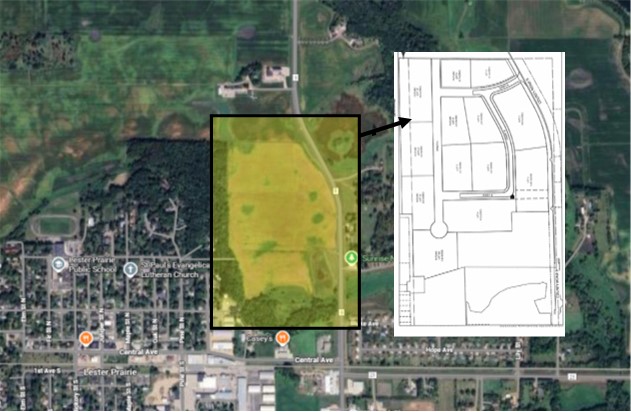For each property, the annual abatement granted by a political subdivision cannot be greater than the subdivision’s total net tax capacity tax on the property. Abatements may reduce all or part of the qualifying property tax amounts on a property. The total abatements granted by a political subdivision in any one year may not exceed the greater of: 10% of the net tax capacity of the subdivision for the taxes payable year which the abatement applies or $200,000. The limit on the total abatement for a political subdivision does not apply to uncollected abatements from prior years or abatements for utility property.
Abatements cannot be longer than 15 years but they can be shorter and the duration period begins in the year which the abatement is paid of retained. A second abatement cannot be granted to a property for at least 8 years after the first abatement expires. If a political subdivision proposes abatement participation from another political subdivision and that subdivision declines or fails to respond, the duration limit for abatements on the parcel is increased to 20 years. Property that was previously in a TIF district can qualify for an abatement after TIF expires.
The taxes on a parcel of property receiving a tax abatement must be paid by the taxpayer when due in the same manner as other property taxes, as if there were no abatement. After the taxes have been paid, the political subdivision must, in accordance with the abatement resolution, do one of the following: Pay the abatement amount back to the property owner, pay the bondholders, retain the abatement to pay public infrastructure costs, or keep a record of deferments and eventually collect them, according to the repayment schedule.
One thing for companies to remember is that since they are receiving a public subsidy, they are subject to annual reports until the established goals are met. Normally, the deadline for submission of information is early spring each year. The political subdivision then submits the information to the State of Minnesota’s Department of Employment and Economic Development.
It’s a good idea to hire a professional consultant when attempting to seek a public subsidy rather than trying to navigate the tangled government process alone. For more information please contact Brian Beeman, Senior Advisor, IAG Commercial.bbeeman@iagcommercial.com.





